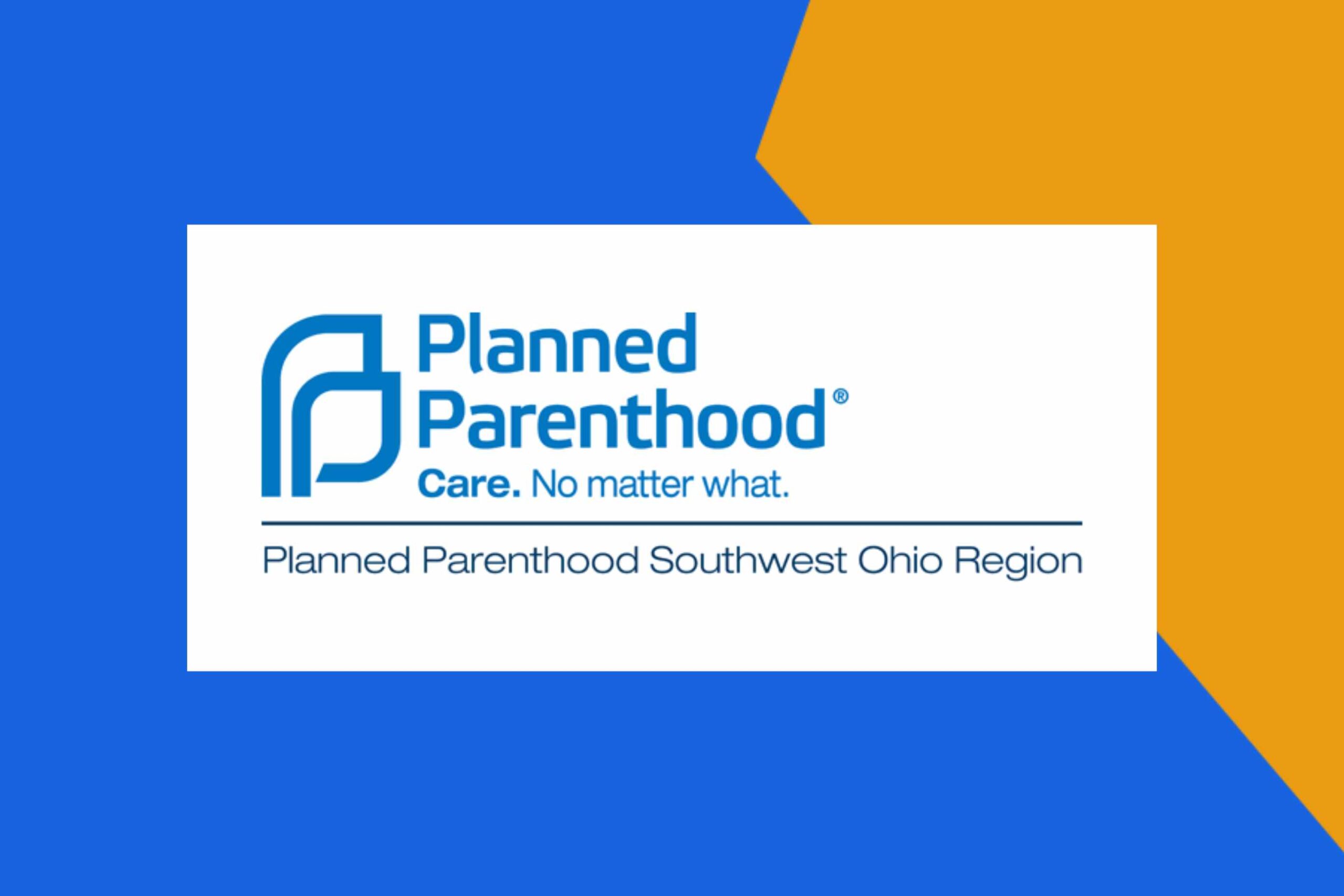
Bridging the Gap between Good Intentions and Good Results
By Guest Writer
DEI in the Workplace
Can you explain to a new hire how their salary offer was developed? Do your current employees feel their compensation is fair and appropriate? Do staff know how to grow their salaries over time or does that only happen with promotions?
Too often, HR managers are stuck navigating these questions without clear guidance. While we can certainly assume most non-profit leaders want to do right by their staff, good faith and good intentions aren’t enough — it’s good internal policy that matters.
In a recent webinar, Edgility Associate Partner, Travonnie Mackey and Talent Equity Consultant, Kevin Ramirez presented a clear-eyed assessment of the DEI problems facing people and operations teams. They offered some concrete strategies and solutions based on Edgility’s extensive experience in the field.
Travonnie and Kevin describe that the key problem is biased-driven decision making about where to value candidates and staff in the salary structure. Organizations haven’t paused to determine their compensation philosophies and as a result, “outgroups” – most often women and people of color – are not adequately compensated. While women have made gains in overall employment, they still earn only 82% of what men earn in comparable positions, and the gap is even greater for Black and Latina women. In fact, Black and Latina women with Bachelor’s degrees earn only 65% of what their white male counterparts earn.
HR leaders should ask three key questions for more equitable compensation design.
- Is your salary guidance clear and transparent? Candidates and staff should know how work at each job level will be compensated and whether criteria like performance, competency, experience and credentials will be a factor.
- Are salary decisions made fairly and consistently? Manager training and calibration is critical to help HR teams implement their compensation philosophies with fidelity.
- Does your compensation philosophy engender a sense of inclusion and belonging? Oftentimes, structures incorrectly message what the organization values in their talent. For example, prioritizing market competitiveness over internal parity can sometimes undermine an organization’s goal of inclusive culture.
Employers should commit to transparency, consistency & inclusion in their compensation practices because following through on these commitments builds trust.
Transparency allows the organization to be accountable. Employers should make policies around their internal decision-making processes written and accessible. Edgility recommends published salary ranges for all job openings so that candidates and staff understand how the role will be compensated.
When it comes to fairness and consistency, Kevin suggested employers should break with standard practice and institute “no-negotiations” policies on salary offers. “Negotiations perpetuate bias,” Travonnie added. “Contrary to our assumptions, most candidates sigh with relief when told they don’t have to argue their value before getting the job. You can tell them what they’re going to make, how you landed on that number, and how they can grow their salaries in the future.”
To foster a sense of inclusion and belonging, Edgility suggests organizations take a close look at titles and job descriptions, and consider grouping roles with similar organizational impact into the same salary bands. “It’s important to do periodic audits to determine if people’s roles have changed,” Travonnie shared, because it’s tough to pay people for their contributions when job descriptions aren’t updated and you don’t have a clear sense of what people do day to day.
Travonnie and Kevin both noted that embracing these strategies does more than help employers promote diversity, equity and inclusion. “Closing these wage and opportunity gaps also promotes employee retention,” they said, because when staff feel seen and valued, they are much more likely to stick around to fulfill the work of the mission.
You can watch the related webinar here, or check out our upcoming and past webinars here.






